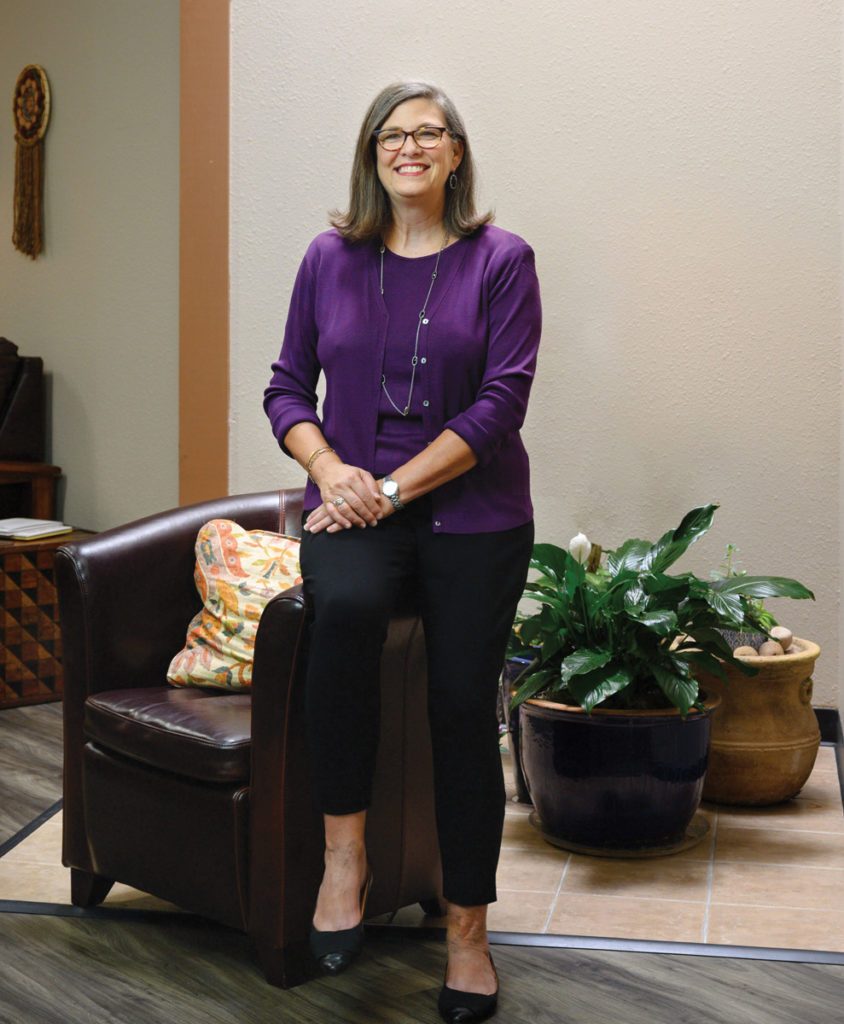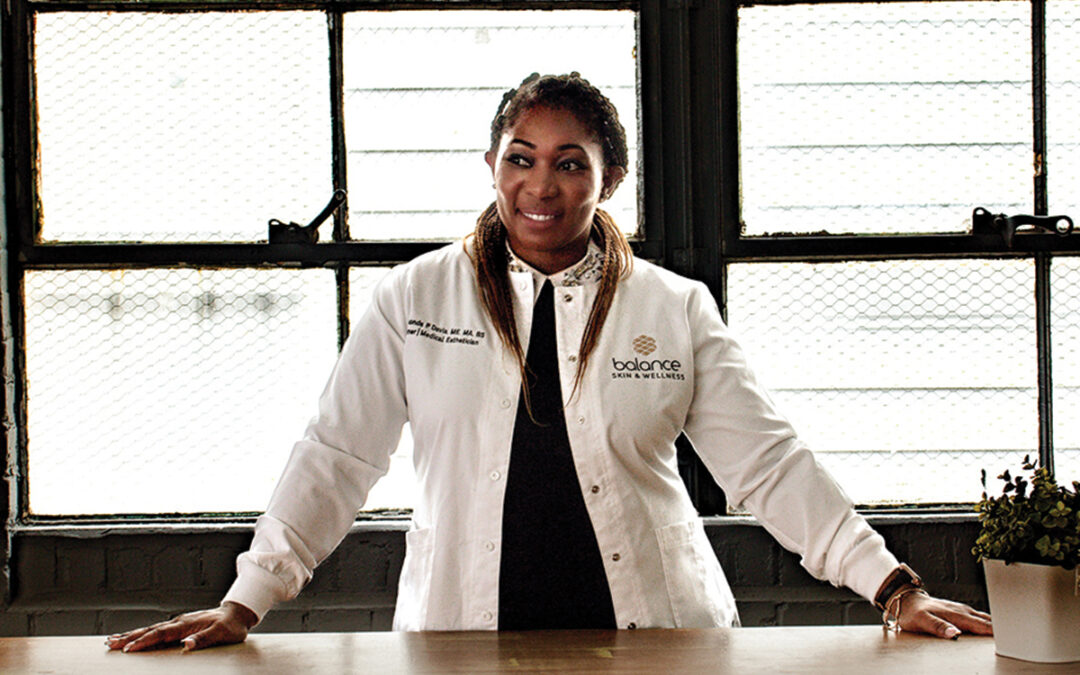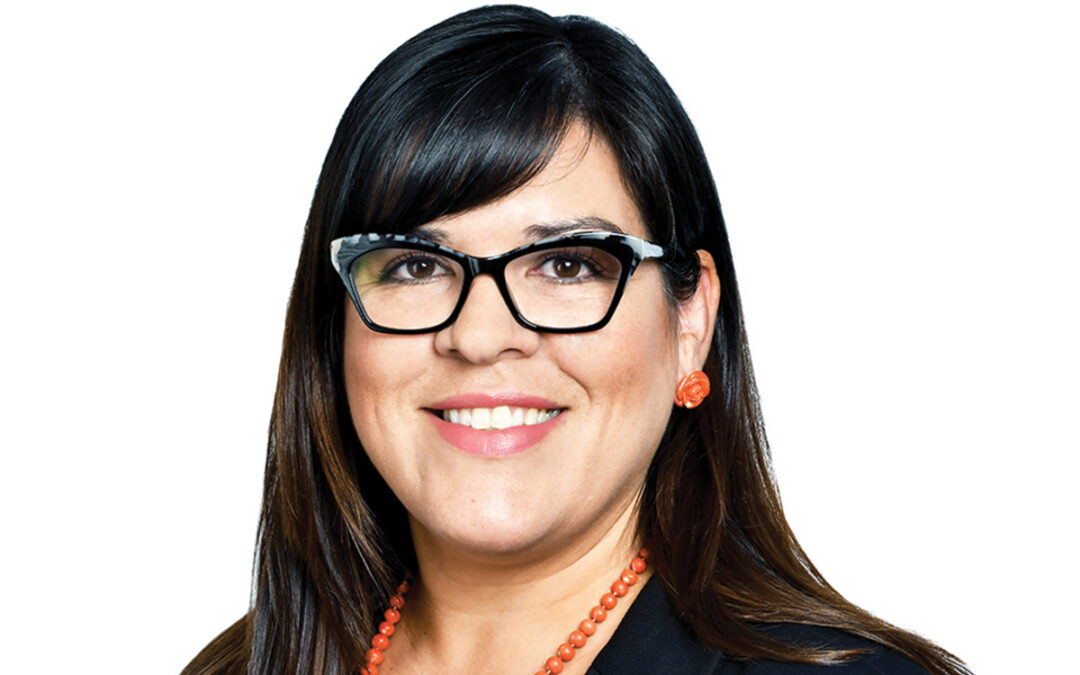Esperanza Eating Disorders Center
Why did you decide to open Esperanza Eating Disorders Center (EDC)?
For more than 30 years, I have specialized in eating disorder treatment, most of those in San Antonio, so I have knowledge of and love for our city. I want to have a center focused on the unique characteristics and communities of South Texas. I also want to serve the underserved populations in the area. We will provide services for Medicaid, Medicare, and Tricare patients. Treatment is lengthy, so we will accept both private and government insurance.
As a patient, what should I expect at Esperanza?
My first objectives are to provide our patients with hope and to help them heal. Recovery IS possible. To that end, we have created a home-like, supportive, and empowering environment for our patients and their families. Esperanza EDC’s multidisciplinary team is up to date on the most recent approaches to eating disorder treatment. Our Recovery by Doing philosophy allows patients to get hands-on experience doing recovery. Grocery shopping, cooking, planning, and plating their own meals and activities like restaurant outings are all real-life experiences that our patients practice as part of their recovery journey. People don’t just hear about recovery at Esperanza, they do recovery!
What populations are treated at Esperanza EDC?
We have specialized programs designed for adults and adolescents (ages 13-17). Esperanza is gender-inclusive and provides treatment for all types of eating disorders (Anorexia, Bulimia, Binge Eating Disorder, Avoidant Restrictive Food Intake Disorder, and other types of disordered eating). We have separate programming for adults, adolescents and their families, and for adults with Binge Eating Disorder.
How do you and your clinical team stay ahead of trends in eating disorder treatment?
In addition to attending and presenting at eating disorder-specific conferences, our team of specialists collaborate with clinical and research experts across the country to provide cutting edge treatment for our South Texas patients.
What is your greatest frustration as an eating disorder specialist?
There is still so much misunderstanding and misdiagnosis of eating disorders. Eating disorders are not a choice; they are very real, very damaging, even deadly mental illnesses. I want to educate medical and mental health professionals in our community to recognize and recommend timely treatment for eating disorders, decreasing the suffering individuals and families go through.
Photography by David Teran










My son is 20 years old and has been struggling with rumination syndrome for many years we are trying to desperately find him help any suggestions?